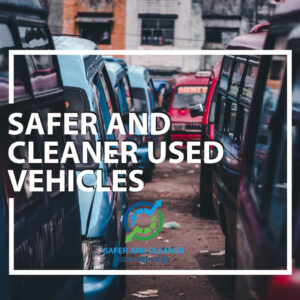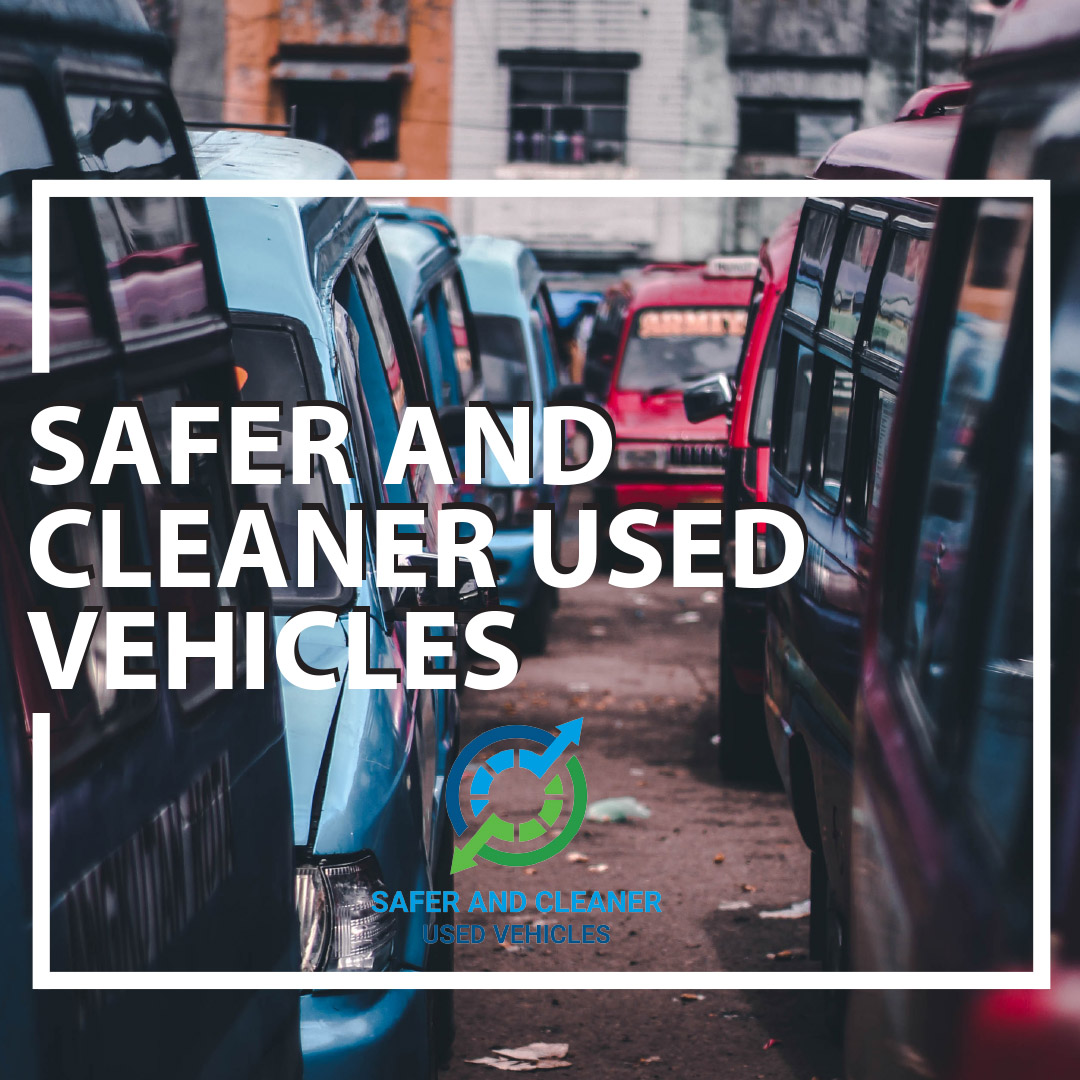“Safer and Cleaner Used Vehicles for Africa” project: CITA reports
 In the frame of the “Safer and Cleaner Used Vehicles for Africa” project, the United Nations Environment Programme (UNEP) just released the first two CITA reports.
In the frame of the “Safer and Cleaner Used Vehicles for Africa” project, the United Nations Environment Programme (UNEP) just released the first two CITA reports.
This project is led by UNEP and the United Nations Economic Commission for Europe (UNECE), funded by the UN Road Safety Fund with the aim to improve the quality of second-hand vehicles reaching the continent. CITA participates in the activity by providing its experience and knowledge on whole-life vehicle compliance in general and vehicle inspection.
The two reports, both signed by Benny ÖRNERFORS – Beor Coaching and Consulting AB and Eduard FERNÁNDEZ – CITA Executive Director, are:
1) USED VEHICLES INFORMATION SHARING SYSTEMS WITH DATA SUPPORT
This report is an analysis of information sources, reference and benchmarks, and a proposal for an information-sharing system at the conceptual level. A review of best practice and sources of information has been carried out with the main focus on light duty vehicles, category M1. Principles, in general, are applicable to other types and categories.
To improve the situation with a safer and more environmentally friendly vehicle fleet in African countries, requirements on the technical status of imported vehicles in the respective countries are essential. As support of these import regulations, it is also important to set up exporting countries’ rules
2) USED VEHICLES INSPECTION AND MONITORING FRAMEWORK AND IMPLEMENTATION COMPLIANCE SYSTEM
This report comprises the findings of the UN Road Safety Project “Safer and Cleaner Used Vehicles for Africa” project and establish a used vehicles inspection and monitoring framework and implementation compliance systems. In addition, the key results and recommendations of “Establish used vehicles information sharing system with data support”, of the same project, are also given in this report. In order to improve the situation with a safer and more environmentally friendly vehicle fleet in African countries, it is essential to impose requirements on the technical status of imported vehicles in the respective countries. In support of these import rules, it is also essential to set up exporting countries’ laws.

